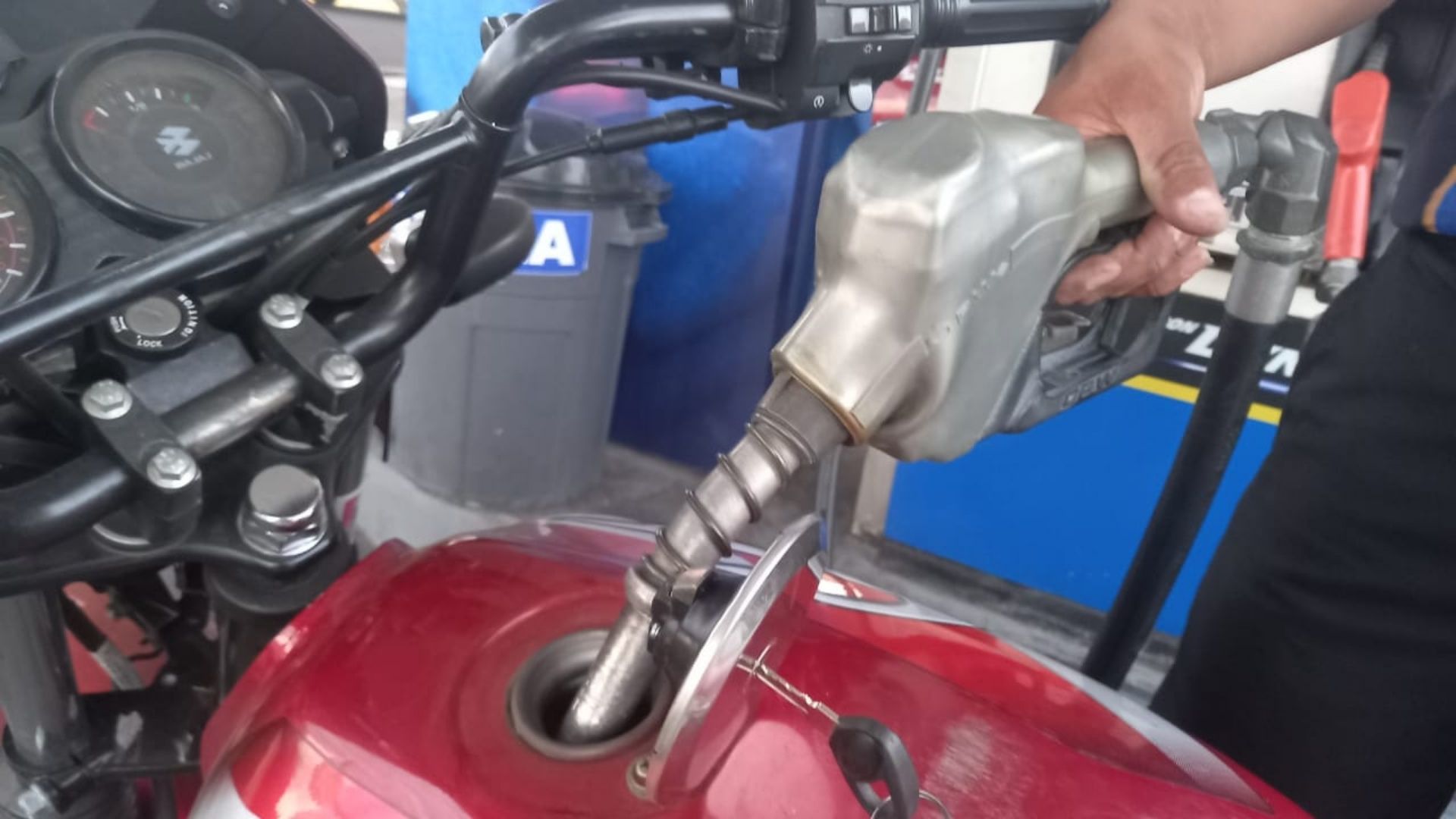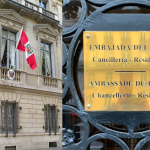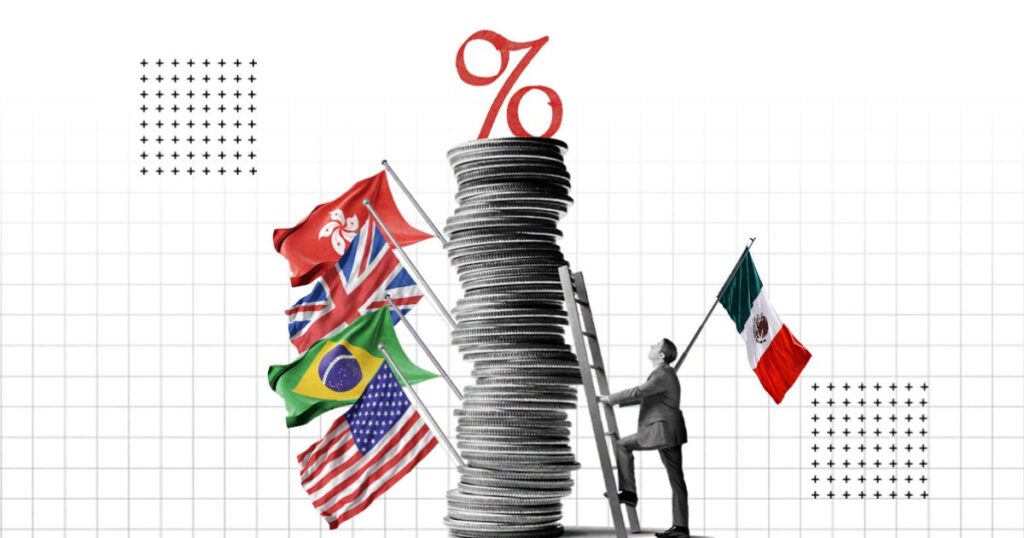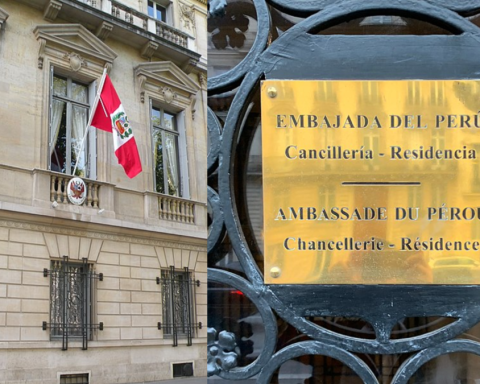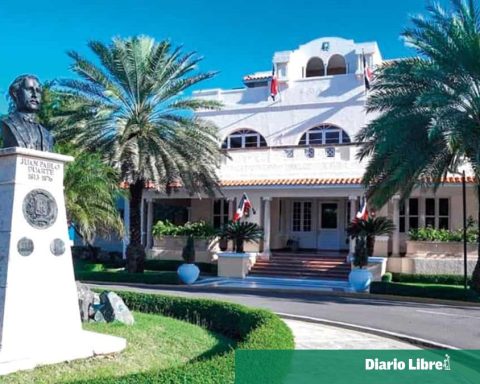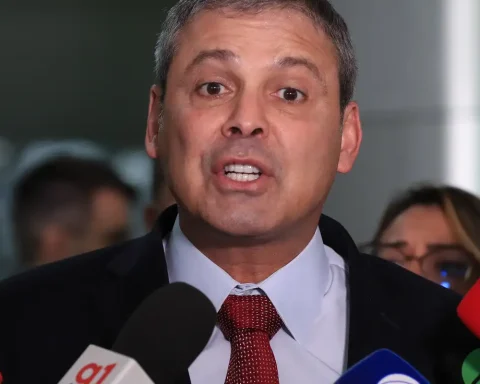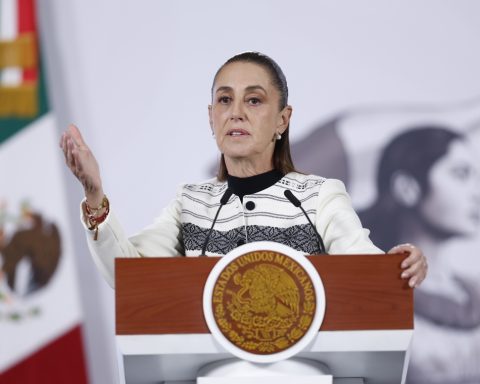For 11 consecutive weeks, the regime of Daniel Ortega and Rosario, through the Ministry of Energy and Mines and the Nicaraguan Institute of Energy (INE), reported that for the week between June 19 and 25, the price of fuels and liquefied gas will remain frozen, however this week the price of oil fell.
According to the central government, this freeze, which has been implemented in Nicaragua for more than two months, is with the aim of mitigating the impact of high international oil prices.
Related news: Ortega regime freezes fuel prices for the tenth week in a row
In the already repeated official statement released on Friday, June 17, in the government propaganda media, he stated that “given the constant increase they have had since the beginning of the year 2021” (…) the government assumes “with its resources” the cost super gasoline, regular gasoline, diesel and liquefied gas.
“According to international fuel prices, for the following week the price of super gasoline should increase by 59.38 córdobas per gallon, regular gasoline 38.96 córdobas per gallon, and diesel 44.09 córdobas per gallon, however, our Government has decided to assume 100% of these increases, for the benefit of Nicaraguan families, ”indicates the communication from the INE and the Ministry of Energy.
Regarding liquefied gas, which is used for food preparation, the Ortega government stated that “they have decided to assume 100% of its increase, so that liquefied petroleum gas will not have any change in its price for the presentations of 10, 25 and 100 pounds.
Oil price drops
Despite the news that the price of fuels will continue to be frozen in Nicaragua due to the constant rise in oil, it was learned that crude oil fell in price this week at the international level.
Related news: Opponents promote stoppage of fuel consumption as of June 1 in Nicaragua
According to the crude oil update, the price of Brent oil falls to 114.01 dollars, shedding some -$5.80 (-4.84%) vs. $119.81 at Thursday’s close in London. It has currently traded at $114.01 a barrel.
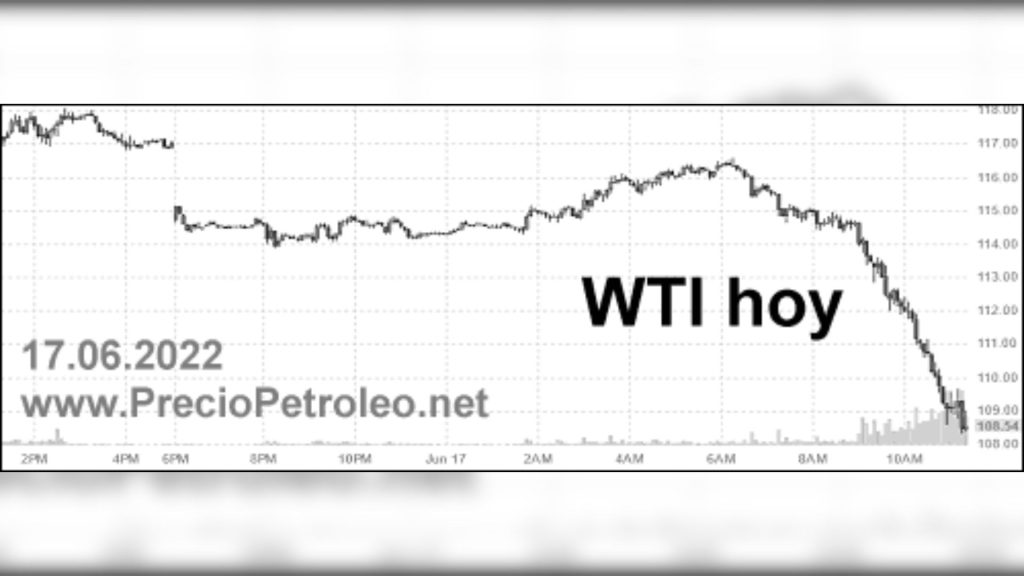
Meanwhile he WTI oil, which is the reference for Nicaragua, fell to 110.87 dollars, shedding about -$0.05 (-0.04%) vs. 114.09 in Thursday’s close in New York, shedding about -$6.72 (-5.71%) vs. 117.59 in Thursday’s close in New York. It has currently traded at $110.87 a barrel.
Current fuel prices
Based on Daniel Ortega’s decision to keep the prices of gasoline and diesel frozen, they would maintain their cost for the corresponding week from April 3 to 9, 2022, when the super gasoline Y regular increased 1.33 cordobas per liter.
By liter, the super gasoline is currently listed on 49.03 cordobasregular 47.84 córdobas, while diesel, the most consumed fuel in the country, is bought from 43.16 cordobas.
Related news: Ortega freezes the price of fuel for the eighth week
It should be noted that Nicaragua has a fund of 200 million dollars as part of a credit line of up to 800 million dollars, arranged by the Central American Bank for Economic Integration (CABEI) to finance a regional support program in the face of the global rise in fuel prices.
According to economists, the freezing of fuels is helping to prevent further increases and prevents the economic crisis from being greater, however they point out that the future of the economy in the country is uncertain once Ortega unfreezes fuel prices.
